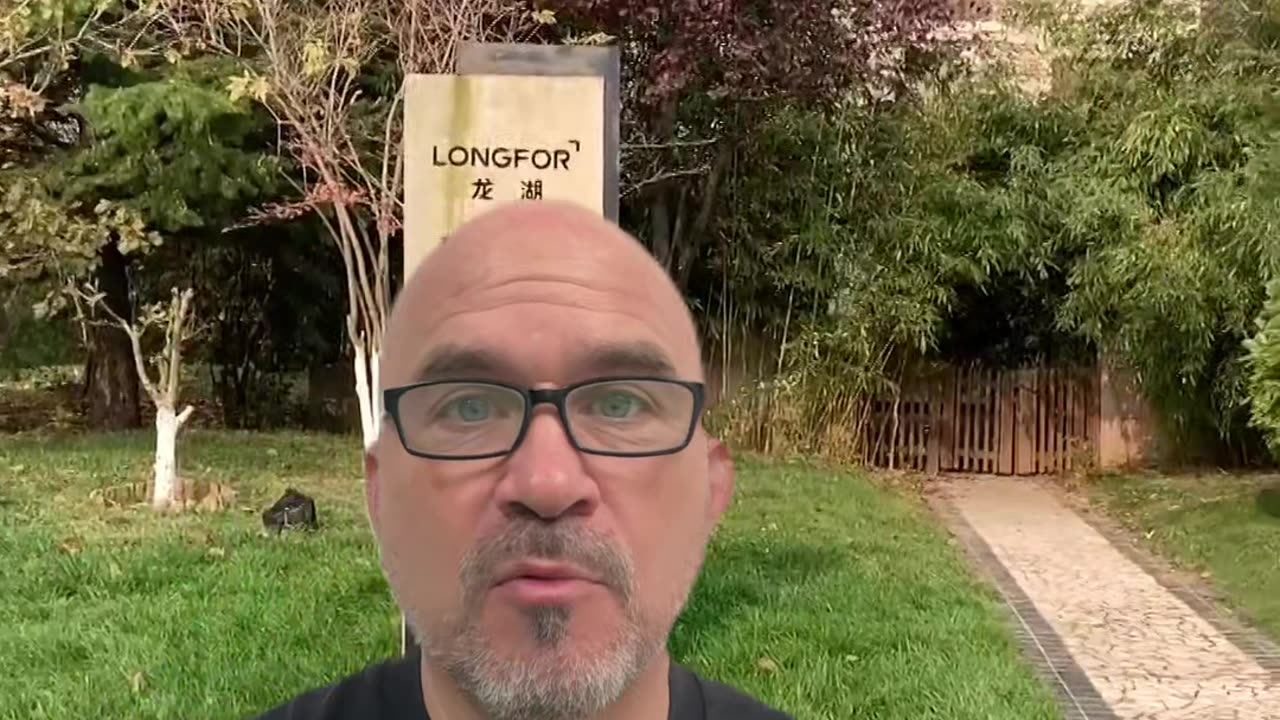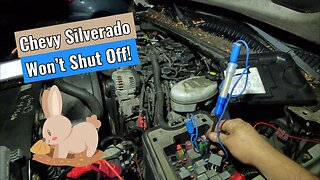Premium Only Content

New Homeowner? Don't Blow It! 5 Best Practices to Maximize Your Investment
Congratulations - you just bought a home! That's a massive accomplishment and a significant financial milestone.
But here's what most new homeowners don't realize: how you manage your home over the next 5, 10, or 15 years will directly determine how much money you walk away with when you eventually sell.
The difference between homeowners who cash out big and those who barely break even? These five best practices.
Best Practice #1: Stay On Top of Maintenance
This is where most homeowners drop the ball, and it costs them dearly.
A $200 repair today - fixing a small roof leak, replacing worn weather stripping, addressing a minor plumbing issue - prevents a $5,000 (or $10,000 or $20,000) disaster tomorrow.
Deferred maintenance compounds. That small leak becomes water damage. Water damage becomes mold. Mold becomes a structural nightmare that tanks your home's value and scares away buyers.
Create a maintenance schedule. Inspect your home seasonally. Address small issues immediately. Your future self (and your bank account) will thank you.
Best Practice #2: Budget for Hidden Costs
Here's the reality that surprises new homeowners: your mortgage payment is just the beginning.
Property taxes increase. Insurance premiums rise. Things break unexpectedly - water heaters, HVAC systems, appliances, roofs.
Financial experts recommend saving 1-3% of your home's value every single year for maintenance, repairs, and unexpected costs.
On a $500,000 home, that's $5,000-$15,000 annually. Sounds like a lot? Try paying for a new roof out of pocket when you haven't saved anything. That's a financial crisis.
Budget for these costs from day one. Build an emergency fund specifically for home repairs. Don't get caught off guard.
Best Practice #3: Protect Your Investment
Two critical elements here: insurance and documentation.
Insurance: Review your homeowner's insurance annually. Make sure your coverage keeps pace with rising home values and replacement costs. Understand what's covered and what's not. Consider umbrella policies for additional liability protection.
Documentation: Keep meticulous records of every upgrade, repair, and improvement. Take before and after photos. Save all receipts. Maintain a home improvement file.
Why? Because when you sell, buyers pay premium prices when you can prove value. "We replaced the roof in 2023" with documentation is worth thousands more than "I think the roof is relatively new."
Best Practice #4: Build Equity Faster
Your mortgage payment includes principal and interest. The principal portion builds equity - the portion of the home you actually own.
Two strategies to accelerate equity building:
Extra Payments: Even small additional principal payments - $100, $200, $500 monthly - dramatically reduce your loan term and save tens of thousands in interest while building equity faster.
Smart Refinancing: When rates drop significantly or your credit improves, refinancing to a lower rate or shorter term can save massive money and build equity quicker.
More equity = more profit when you sell. It's that simple.
Best Practice #5: Upgrade Wisely
Not all home improvements are created equal. Some add tremendous value. Others waste money.
Focus on upgrades that deliver the highest ROI:
Kitchens: Kitchen remodels consistently deliver strong returns. Even modest updates - new countertops, cabinet refacing, modern fixtures - significantly boost value.
Energy Efficiency: Energy-efficient windows, insulation, HVAC systems, and solar panels reduce your costs NOW while increasing your home's value for resale.
Curb Appeal: First impressions matter enormously. Landscaping, exterior paint, updated front door, clean driveway - these relatively inexpensive improvements deliver outsized returns.
Don't waste money on trendy, personal taste projects that won't appeal to future buyers. Invest in upgrades that enhance both your lifestyle today and your resale value tomorrow.
Think Long-Term Wealth
Here's the mindset shift: you're not just a homeowner - you're an investor.
Your home is likely your largest financial asset. Managing it strategically means the difference between just owning a house and cashing out big when you eventually sell.
These five practices - maintenance, budgeting, protection, equity building, and wise upgrades - compound over time. Do them right, and you'll walk away with significantly more money when you sell.
Need more detailed tips on maximizing your real estate investment? Want specific guidance for your situation?
Reach out to me. I help homeowners think strategically about their properties as wealth-building tools, not just places to live.
I'm Steve Hise, your real estate guy - here to help you build long-term wealth through smart homeownership.
#stevehise #simivalley #simivalleyrealestate #realestate #homeowner #homeownertips #wealthbuilding
-
 1:28:51
1:28:51
Darkhorse Podcast
3 hours agoThe 297th Evolutionary Lens with Bret Weinstein and Heather Heying
4.01K6 -
 1:21:31
1:21:31
Michael Franzese
15 hours agoTrump Derangement Syndrome Is On The Way Out | Live with Michael Franzese
81K81 -
 9:22
9:22
Colion Noir
6 hours agoArmed Woman Drags Gunman Out of Store Before Firing Two Shots
64.3K35 -
 1:04:17
1:04:17
Jeff Ahern
2 hours agoThe Saturday Show with Jeff Ahern
3K2 -
 44:34
44:34
Chris Harden
2 days agoWhat Happened to Rock Island, Illinois?
3.59K3 -
 30:56
30:56
Advanced Level Diagnostics
6 days ago2004 Chevy Silverado - Won't Shut Off!
3.89K1 -
 7:05
7:05
Spooky Grandpa's Scary Stories
7 months agoThose Who Linger - Halloween, Ghost Stories, Horror, Haunted, Cemetery, Folklore
3.09K16 -
 2:23
2:23
Memology 101
1 day ago $0.63 earnedAOC spits completely made-up BULLSH*T during UNHINGED anti-Republican rant
3.5K26 -
 1:55
1:55
NAG Daily
20 hours agoHEADLINES FOR THE JILTED MASSES W/GreenMan Reports
1.76K1 -
 LIVE
LIVE
GrimmHollywood
4 hours ago🔴LIVE • GRIMM HOLLYWOOD • ARC RAIDERS • DAY 2 •
143 watching